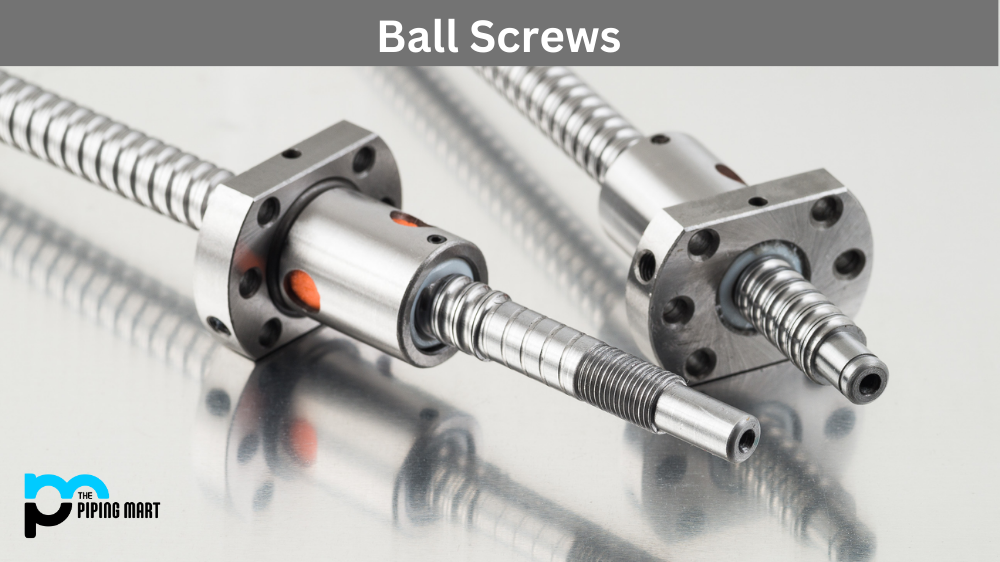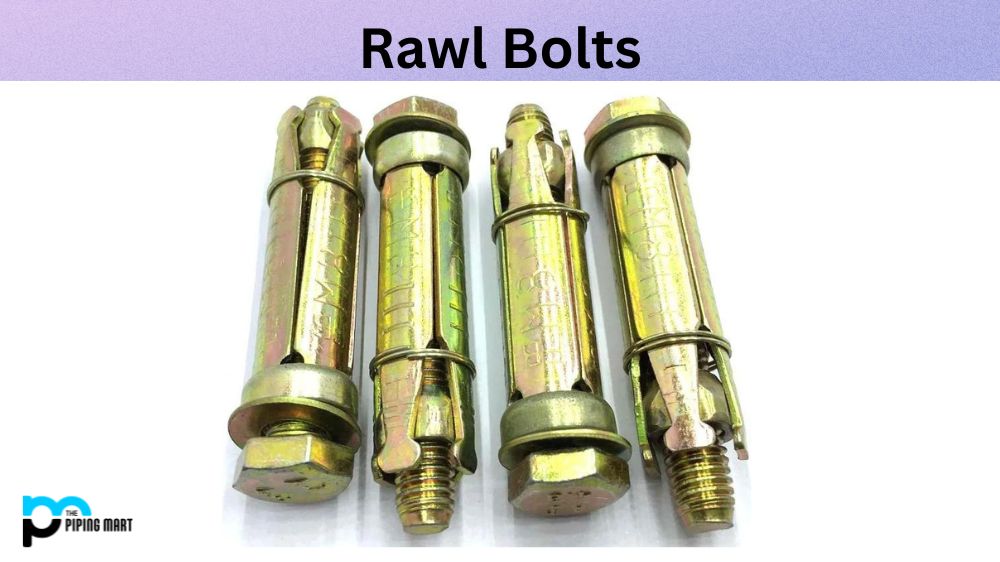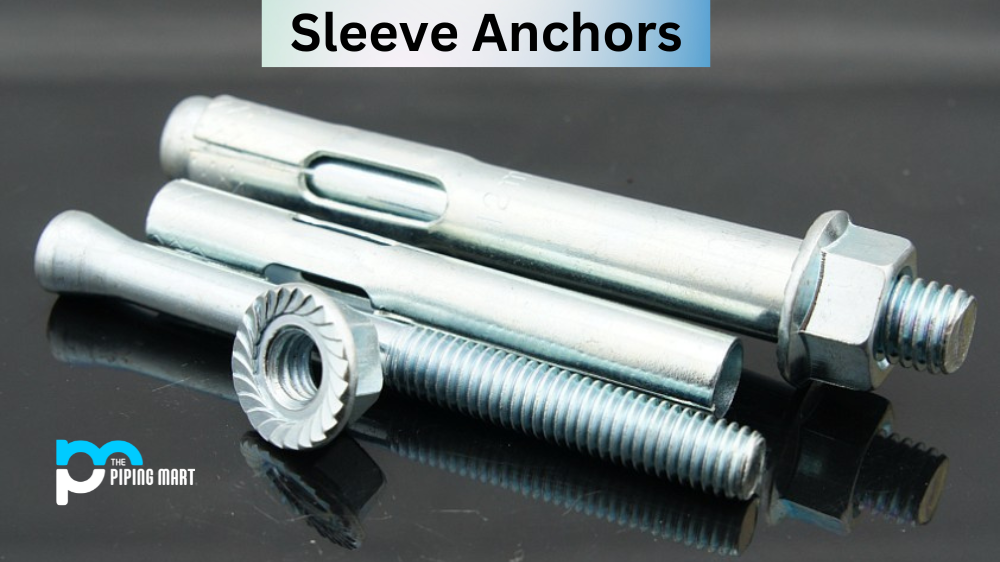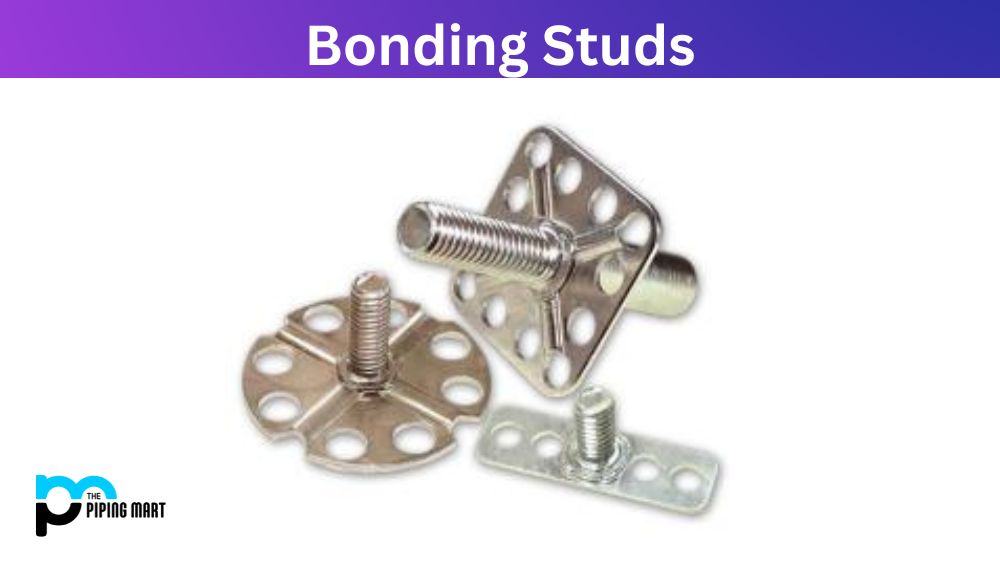Ball screws are crucial in many mechanical systems, including robotics, industrial machinery, and manufacturing equipment. They convert rotary motion into linear motion and are ideal for precise positioning applications. With such a critical role, it’s essential to understand the different types of ball screws to choose the right one for your specific needs. This blog post will explore the different types of ball screws available in the market.
Types of Ball Screws
Rolled Thread Ball Screws
Rolled thread ball screws are the most common type of ball screws used in the industry. The manufacturing process for these screws involves cold forming the screw and nut threads, resulting in a smoother surface finish and a higher lead accuracy. Rolled thread ball screws suit low to moderate-load applications and offer high efficiency and fast speeds.
Ground Ball Screws
Ground ball screws are manufactured using precision grinding methods rather than cold forming. The result is a more precise and accurate screw with a higher lead accuracy than rolled thread ball screws. Ground ball screws have higher load capacity and are available with preload for high-rigidity applications. They are more expensive than rolled thread ball screws but are a great option for high-end applications with stringent accuracy requirements.
Precision Ball Screws
Precision ball screws are designed to deliver the highest accuracy and repeatability in positioning applications. They are manufactured using advanced techniques, including precision grinding of the screw, nut, and balls. Precision ball screws offer high axial rigidity, low friction, and excellent wear resistance. They are used in applications that require sub-micron positioning accuracy, such as semiconductor manufacturing and aerospace systems.
Miniature Ball Screws
Miniature ball screws are designed for small space applications or applications that demand high accuracy with limited space. They are available in various diameters ranging from 3mm to 16mm with small lead pitches. They offer low friction and high precision with relatively low load capacity. Miniature ball screws are used in medical devices, laboratory equipment, and microelectronics.
Stainless Steel Ball Screws
Stainless steel ball screws are made of corrosion-resistant and high-strength material, making them suitable for applications that require high durability and resistance to harsh environments. They can withstand high temperatures and humidity and offer high reliability and stability. Stainless steel ball screws are used in the food, beverage, chemical, and marine industries.
Conclusion
Choosing the right type of ball screw depends on various factors, such as load capacity, accuracy requirements, and environmental conditions. Rolled thread ball screws are ideal for moderate load applications with fast speeds, while ground ball screws offer higher load capacity and greater accuracy. Precision ball screws are the top choice for sub-micron positioning applications, and miniature ball screws are ideal for small space applications. Finally, stainless steel ball screws provide high durability and resistance to harsh environments. Understanding the different types of ball screws available in the market will help you make an informed decision and select the right ball screw for your specific needs.

Meet Bhavesh, a seasoned blogger with a wealth of knowledge and experience. From metal products manufacturing to retail, Bhavesh has a diverse background in various industries and is dedicated to sharing his insights and expertise with readers.




